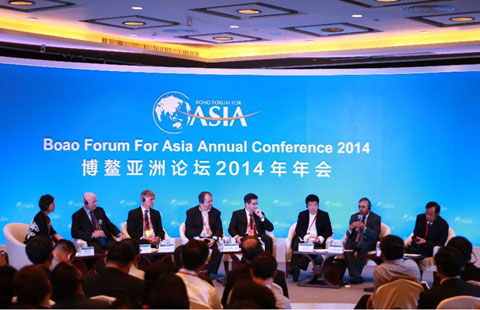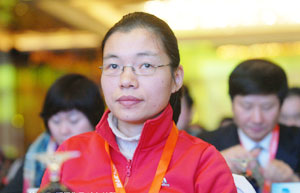Different cities possess different sub-cultures
By Mike Bastin (China Daily) Updated: 2014-04-14 07:12
Patriotism and nostalgia apply, of course, at the national level but with such a vast landmass and long and rich history China possesses strong geographically-defined sub-cultures. Nowhere is this more profound than China's most prominent city cultures and particularly among those cities that at some time during Chinese history have been the capital.
Beijing, Nanjing, Xi'an, Hangzhou, Luoyang and Kaifeng are the six cities to have had the honor of being the national capital.
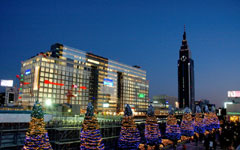 |
|
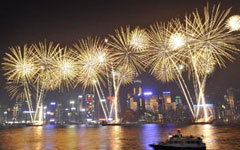 |
For example, as the capital ever since the founding of the People's Republic of China in 1949, Beijing's city culture has been characterized by "power" and "elitism". Beijing residents' consumption motivation is, therefore, very much about the feeling of "power". European tour industry players should, therefore, factor this "power" benefit into their marketing.
This does not necessarily mean that the European tourism industry should adapt its offerings according to these very different Chinese city cultures but that the benefits and experiences across these cultures will vary and this needs to be understood clearly if long-term relationships are to emerge.
For example, Beijing and Shanghai residents buy many identical brands, from cars to cosmetics, but the benefits sought and the interpretation and meaning of their use vary according to the sub-cultural values.
A Shanghai resident will feel "sophisticated" when driving a brand new, top of the range BMW while a Beijinger will value "power".
Hangzhou, not far from Shanghai, also boats a very proud past. When greeting residents of Hangzhou, reference should not just be made to Hangzhou's status as a former capital city but also to the breathtakingly beautiful West Lake. Care should also be taken not to associate Hangzhou natives with Shanghainese for there is fierce rivalry between the two geographically proximate cities.
China's regional and city sub-cultures are crucial to long-term success in the European tourism sector and do have practical marketing implications too. For example, natives of southern province of Guangdong are famous for their appreciation, production and expenditure on fine cuisine. Guangdong residents visiting Europe, therefore, will cast more than a keen eye on food offerings generally.
The author is a visiting professor at the University of International Business and Economics in Beijing and a senior lecturer on marketing at Southampton Solent University's School of Business. The views do not necessarily reflect those of China Daily.
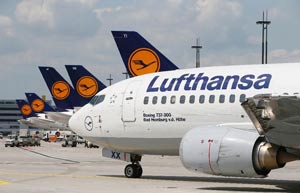 |
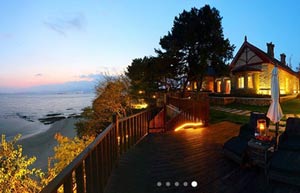 |
- China's online tourism sector may see more integration, acquisitions
- China set to be top market for tourism
- Britain seeks to attract more Chinese tourists
- Top 10 overseas destinations for mainland tourists
- Chinese pay a high price for foreign hotel rooms
- Top 10 Chinese youth's favorite seaside resorts




